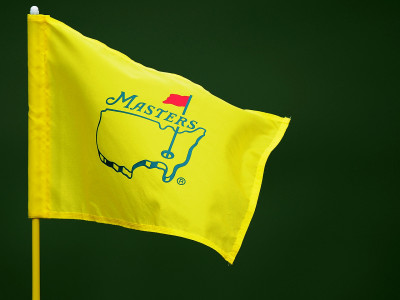Have you ever thought about how you can distinguish between a good and bad coach? This may not be obvious at first glance. A bad coach may seem to be successful even for a longer period of time, however his teaching technique is nothing but so-called “pseudo-coaching”. At first, everything seems perfect, but a closer look reveals the truth.
A university teacher, Frank Noschese, defined pseudo-teaching as follows: “Pseudo-teaching is something you realise you’re doing after you’ve attempted a lesson which from the outset looks like it should result in student learning, but upon further reflection, you realise that you wasted a lot of time, the very lesson itself was flawed and involved minimal learning.”
This can occur in everyday life – for instance during child rearing. Sometimes we talk more than we actually teach. Especially when we do not focus on interaction with the person we are attempting to teach. The contact with individuals is especially affected in the case of large groups where it is difficult to transmit any experience.
Talking in the learning process can be engaging. However, the most important thing is a conscious focus on the student. So what is the difference between a good coach and pseudo-coach?
See the following ten points:
- A pseudo-coach prepares long lessons, in which he plays a major role. A good coach, on the other hand, prepares a brief, but more intense lecture focused on the actual coached persons.
- A pseudo-coach has a long speech, is articulated and likes to listen to himself. A good coach transfers information concisely and is always fully concentrated.
- A pseudo-coach likes addressing large groups. A good coach focuses on individuals and likes making contacts with them.
- A pseudo-coach does not focus on small details, whereas a good coach knows that details are important.
- A pseudo-coach mainly talks rather than observes or listens. A good coach knows that the most important thing is to listen and observe the trainees, talking comes later.
- A pseudo-coach is good-humoured and loud. A good coach is rather quieter, but still even more attention is focused on him/her.
- A pseudo-coach is sensitive to questions, since he/she is sure all questions were already answered in the speech. A good coach wants to hear a lot of questions from the trainees.
- A pseudo-coach treats everyone equally. A good coach’s lessons are tailored to each trainee since the individuality of each student is important to him/her.
- A pseudo-coach constantly repeats the same and well-memorised lessons, whereas a good coach adapts each lesson to the audience.
- A pseudo-coach looks for goals for a hypothetical athlete. A good coach can find specific goals for a particular athlete.
And David Carter adds another bonus – an eleventh point: “A pseudo-coach gives the correct answers. A good coach, however, tries to help the athletes gain such experiences so that they can find the correct answers themselves.”
The English coach and mentor adds that there are other not very challenging ways to identify a good coach. “A lot can be seen already from greetings. Is it a warm, positive, self-confident greeting? And what is the involvement of a coach during the lesson, how often do the players really play instead of just standing and listening? Does the coach see only the results, or does he appreciate the effort? Mistakes are good and should not be criticised,” says David Carter.
According to him, a lot can be discovered from the mood during the training. “What would you like more – a cheerful and lively conversation at the training, or a complete silence occasionally disturbed by the coach’s shouts? Also, just looking at the players’ faces can say a lot. If they enjoy the training you can see it immediately. And as for their focused faces, they also reflect a complete dedication to the game,” he concludes.










No comments